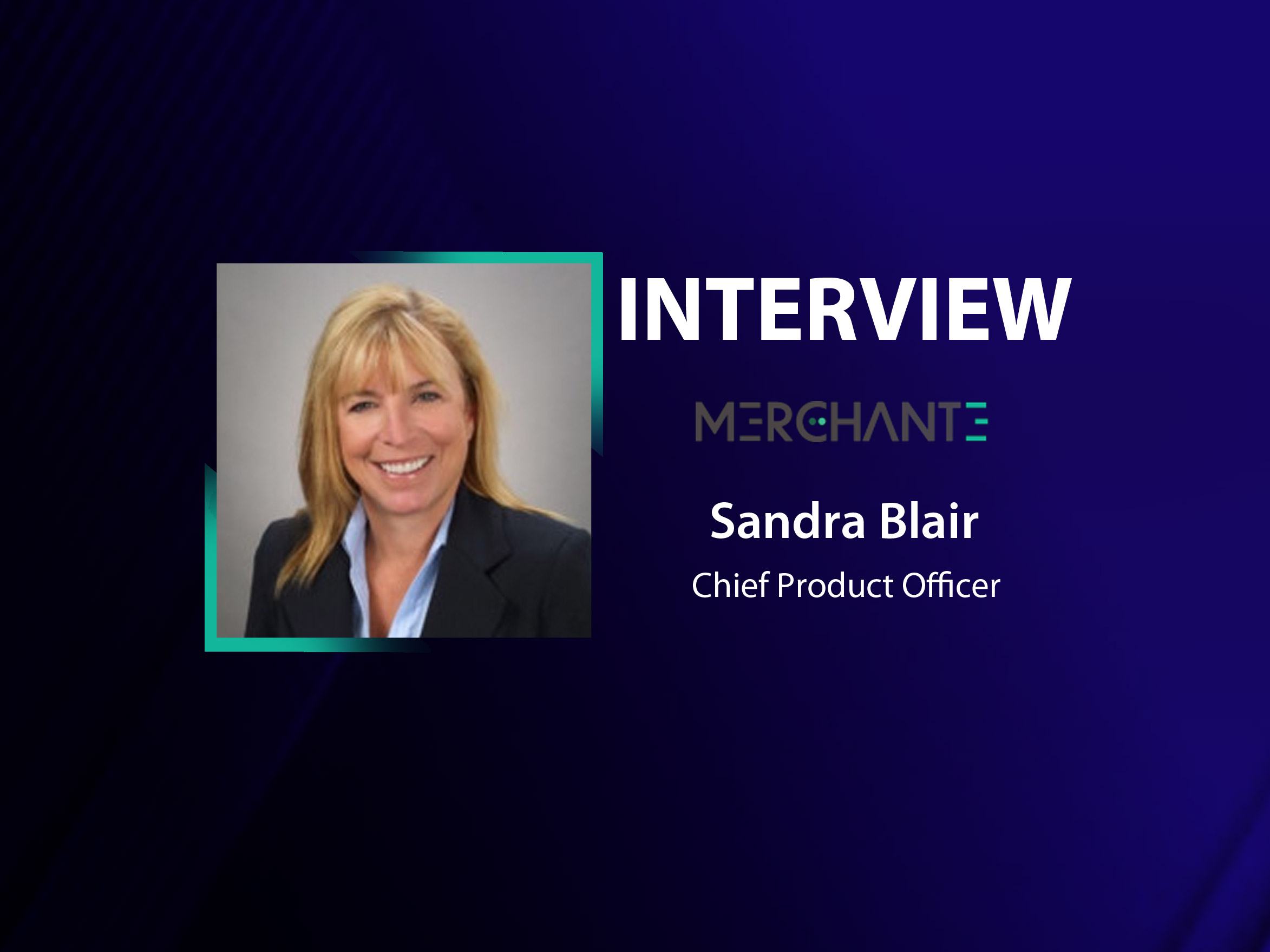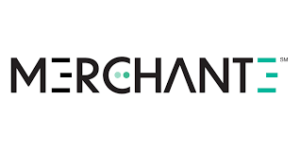Sandra Blair, Chief Product Officer at MerchantE shares her thoughts on the future of payments solutions and how emerging technologies like Blockchain and AI will impact the growth of payment platforms in B2B.
_____
Tell us a little about yourself Sandra and your journey in fintech…what are some of the biggest fintech leadership takeaways your journey has given you?
I have been working in the fintech industry for more than 25 years…my career started as a programmer for a brokerage business where I wrote one of the first dividend reinvestment programs, six months before dividend reinvestments were even possible for investors. From day 1, my fintech journey has been driven by my acute awareness to look for what is next, to embrace that change will happen, and to always be prepared and anticipate change. This mindset has played a big role as I shifted into leadership positions. The fintech industry is always evolving. As a leader in this business, it’s critical that we don’t become complacent with the status quo. We should be ready for massive change on the horizon with eyes wide open. What was once deemed impossible is today’s reality, a trend that will continue to drive this industry as technology has no boundaries.
Read More: GlobalFintechSeries Interview with Irwin Grossman, CEO and Co-founder at Delta Payment Solutions
Another leadership takeaway is the power of relationships. People play a significant role in your business and personal journey, building relationships and staying connected is critical. I continually find myself in new situations where former colleagues are also in new realms that present an opportunity to develop new ventures that may not have been possible without the collaboration or would have taken much longer.
We’d love to hear your observations on the top evolutions and trends in payment platforms (within B2B) over the years?
For a long time, the most prevalent evolutions in B2B payments were largely partial solutions, focused on leveraging platforms solely to move money. Today, we’re evolving to harness data-driven transactions. By harnessing data, merchants can look at their complete financial portfolio – i.e. invoice volume, accounts receivable, supply chain, inventory, etc. – and eliminate manual processes that were previously required for everyday business functions. Further, they can make smarter decisions in every area applying the data. For example, merchants can use those insights to determine how they focus sales efforts based on their most profitable products, which customers yield greatest profitability, and other trends that will help them predict where to focus resources.
As payments solutions innovate to meet the needs of the new normal and changing business needs; how do you feel payments will evolve across B2C and B2B in the future?
B2C drives B2B. Consumer expectations of the buying experience drive their expectations when they are wearing their business hats as buyers from other businesses. The more we rely on self-service options and real-time payments in our everyday lives, we come to expect the same options in our professional lives as well. Transactions via mobile and other channels are pushing B2B to get to the same place as B2C merchants.
What are some of your top thoughts on the future of contactless payments and similar other modes?
Contactless payments, or Near-Field-Communication (NFC), have been around for some time now. Where the future is heading, is less about tapping a phone or a card, but being able to pay for things electronically without a terminal. I see the physical POS device being less important when compared to having the ability to coordinate pick-up or scheduling a delivery automatically.
The Covid-19 pandemic has forced companies to think differently, what are some of the top thoughts that come to mind for companies and teams who are either redefining their payments / fintech stack or those who are first-time adopters – what should they be keeping in mind?
I believe we will see considerable innovation resulting from the COVID-19 pandemic. As consumers’ and buyers’ behaviors change, the industry will follow. While the technology in the background may remain the same, the physical device to take payments will adapt to the new digital demands. Payment acceptance as a whole, needs to provide an adaptable range of services that allow payments from all modes. Their payment acceptance plan can’t require the buyer and seller to be face-to-face, and they must be prepared to support payments in a variety of environments to ensure they don’t miss customer-preferred options.
In what ways have you seen Blockchain and AI impact payments solutions and how do you feel these technologies will impact this space in future?
Both blockchain and AI will greatly impact the payment industry going forward, in particular as we move money across borders. The ability to track funds and payments with blockchain, in a ledger format, helps detect fraud, money laundering and other things we all need to be cautious of. It provides a major security measure, both domestically and internationally, with the ability track money moving from place to place around the world.
AI helps manage the complexity of B2B integrations across all entities. Looking across the entire workflow, AI allows for more self-service.
We’d love to hear your thoughts on the global fintech startup marketplace- can you talk about some interesting innovations you’ve comes across? Your thoughts on a few startups that you feel are set to turn into fintech unicorns in the new future?
A lot of startups try to replicate core infrastructure. The companies that I see with the most potential to make an impact on the industry are those focused on leveraging existing technology to improve the current user experience or simplify processes and systems. It’s refreshing to see companies that understand you can’t build everything yourself. The ones that leverage other people in the ecosystem will win. It’s important to focus on what you’re good at and leverage other companies’ strengths.
Read More: GlobalFintechSeries Interview with Konstantin Richter, CEO & Founder of Blockdaemon
For example, the ability to pre-pay for your gas at a specific pump and then drive up to the gas station, pump your gas and drive away. There are a growing number of simple tasks that we all do, that most consumers are oblivious to the complexities taking place and the number of technologies being used on the backend to make it possible.
Going back to the previous question, AI and reliable predictive analytics will be big drivers here. Being able to get information, intelligently and quickly to offer choices and suggestions will be key.
We’d love to hear about some of MerchantE’s upcoming plans and innovations?
Following our rebrand in June 2020, MerchantE is continuing our progression to offer merchants one platform for end-to-end financial services all in one place. We’re focused on aggregating data, through benchmarking, to allow businesses to make better decisions today, tomorrow and in the future.
Sandra Blair is the Chief Product Officer at MerchantE
Explore the State of Technology Sales and Tips to Streamline Marketing and Sales Efficiencies with Leaders from Zilliant, Pipedrive, TeamViewer, Acoustic and more!

